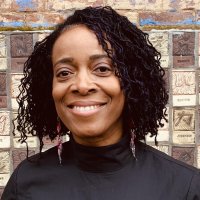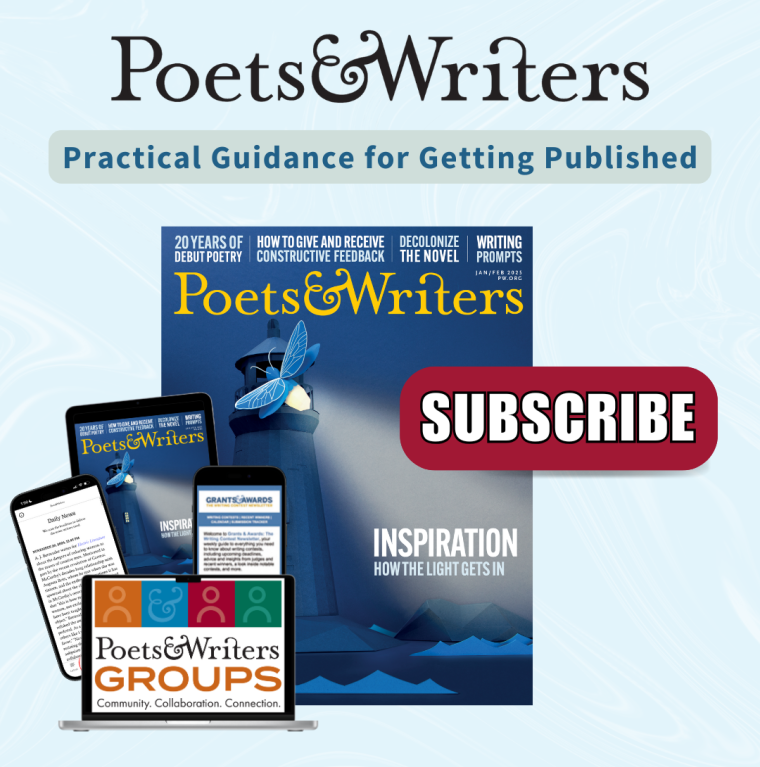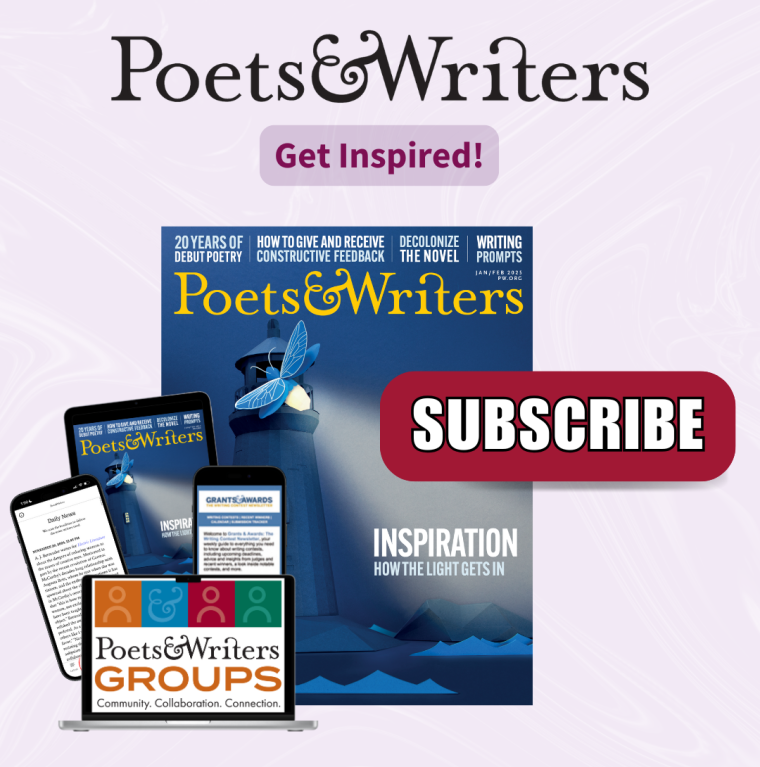
“The rituals of being read to, cooking, and showing up for my writing group are go-to cures for writer’s block—which I view as a form of avoidance. Within ritual lies variation and range. I love listening to audio books—especially novels and nonfiction—while chopping vegetables for a sauce or stew. As a kid, I luckily had many teachers and librarians who read to me. This was back in the day when we elementary school students legit felt giddy to be read to—even the so-called troublemakers! Years later, the cadence of a sentence, the humor in a line, or a punch-in-the-gut revelation release all these endorphins. Then comes the ultimate action: writing without self-censoring. My group meets weekly. These days the meetings are virtual. We’re an intimate mix of poets and writers. The format is always the same: minimal chitchat; a brief opening reading to inspire (Toni Morrison, Jericho Brown, Natalie Diaz, etc.); timed, automatic writing prompts (we alternate bringing prompts; and the person who brings the prompts chooses the opening readings and reads to us); zero ‘workshopping;’ much love and listening—everyone reads what they wrote. These three rituals have been effortlessly sustainable during COVID-19.”
—Yona Harvey, author of You Don’t Have to Go to Mars for Love (Four Way Books, 2020)
Photo credit: Ua Pilar






